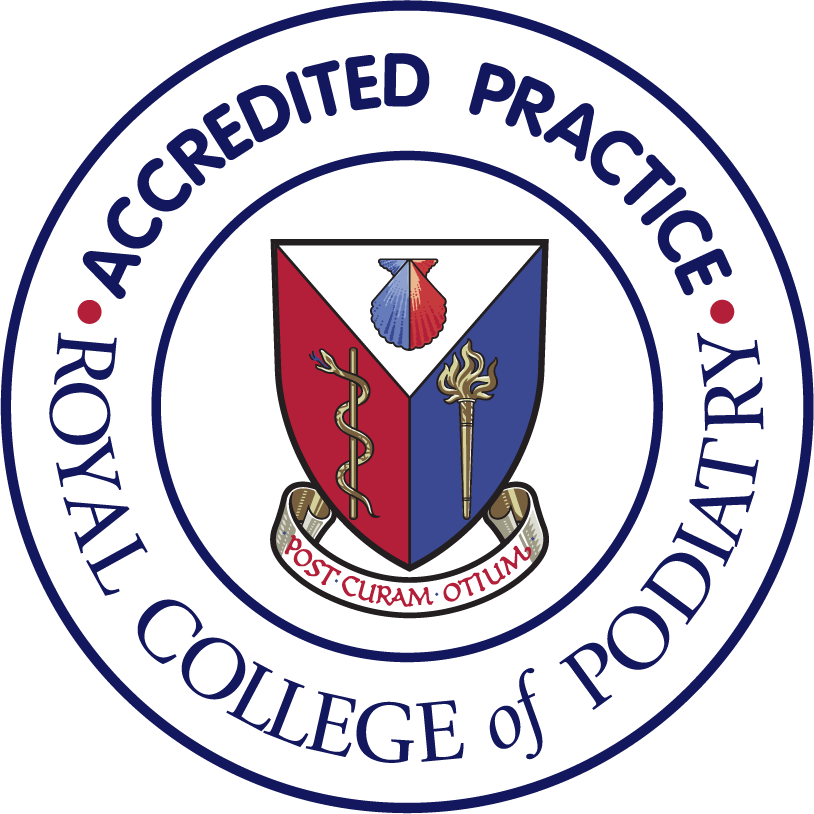Foot & Ankle Support for Arthritis in Oldham, Manchester
ASA MLS Laser
MLS® (Multiwave Locked System) Laser Therapy comes from ASA’s scientific research to overcome the limits of traditional laser therapy and at the same time to exploit the advantages of low and high power through a patented quality impulse.
The MLS® impulse is based on two combined and synchronised emissions: one has the same power as LLLT (Low Level Laser Therapy), while the other has the typical characteristics of High Power.
The aim of the treatment is to reduce inflammation, increase the pain free range of motion and reduce stiffness. This is generally very effective with mild to moderate cases of arthritis. Quick 15-30 min treatments are generally a course of 4 treatments at weekly intervals without the risks associated with steroid injections.
Enquire Now
Fill out the form below and we'll get back to you as soon as possible!
Contact Us
Steroid Injections and Ostenil Injections (Temporary Pain Relief)
Steroid injections are employed to treat arthritis by directly injecting anti-inflammatory corticosteroids into affected joints.
This reduces pain, swelling, and inflammation in various arthritis types, including osteoarthritis and rheumatoid arthritis. These injections offer temporary relief and are part of a comprehensive arthritis management plan. A consultation prior to injection is advised to determine their suitability and effectiveness for individual cases.
Ostenil is an injectable preparation that naturally occurs in the body and is received as ajoint injection to give temporary relief from painful arthritic joints. It’s more expensive than Corticosteroid but has less risks and potential side effects.
NEW!
Diagnostic ultrasound scanner
Used to diagnose tendinopathies, plantar fasciitis and arthritis.
3D Printed Orthotics (Less Advanced Cases)
These customised insoles are created through 3D printing technology and are designed to provide support, cushioning, and offloading for painful joints affected by arthritis.
They offer targeted relief, helping to alleviate pain and enhance comfort while walking. 3D printed orthotics are particularly beneficial for managing less advanced arthritis cases. They are tailored to an individual's unique foot structure and the specific areas affected by arthritis, so you can move with reduced pain.
Surgery (Advanced, Severe Cases)
Surgery for arthritis is usually considered after thorough evaluation and discussion with a healthcare professional.
In severe instances, we have established strong connections with esteemed foot and ankle surgeons over our 40-year presence. We can refer you to these experts for the best possible clinical care.
The type of surgery recommended depends on factors such as the type and severity of arthritis, the affected joint, the patient's overall health, and preferences.
Whether you're dealing with osteoarthritis, rheumatoid arthritis, or post-traumatic arthritis, we're equipped to assist. Our knowledgeable team will guide you through options, ensuring the best approach to manage your arthritic discomfort.





